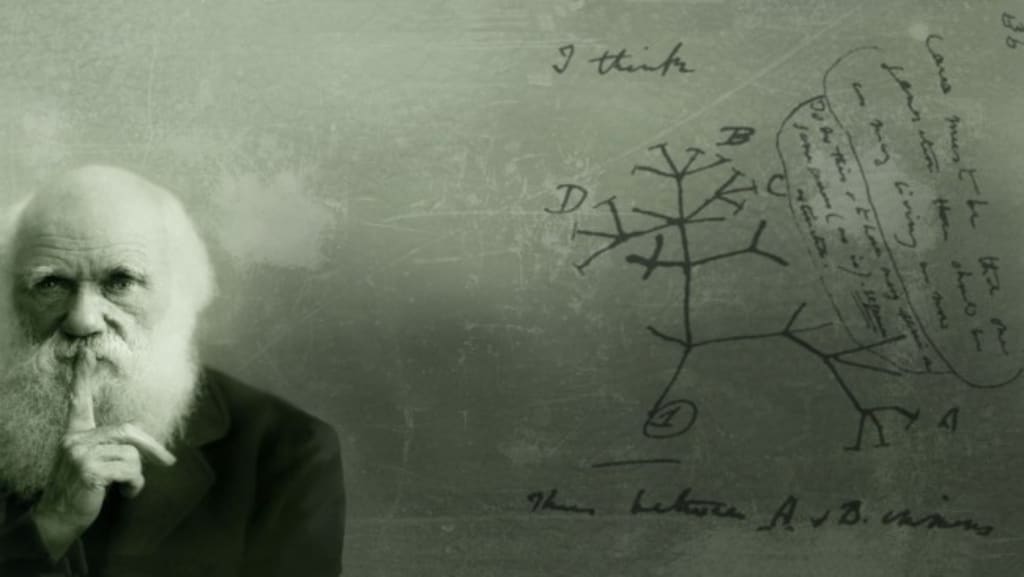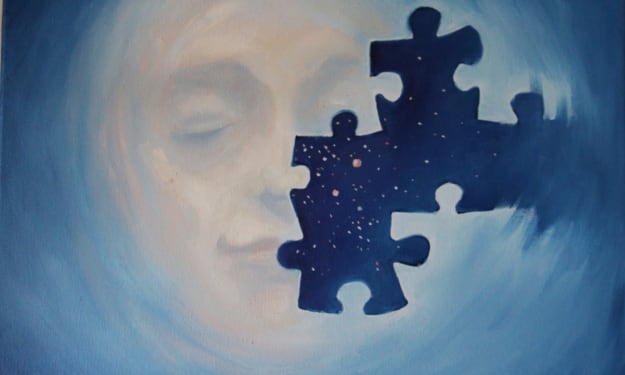
The theory of evolution is just that, a theory. It is one step beyond a hypothesis (which is just an idea), and a lot of steps below a law (like the Law of Gravity). This means it's made up of a single idea supported by some data. As the data grows, so does the confidence in the theory, until one day it's either considered disproved, giving birth to a new theory, or is accepted to same level of satisfaction (and predictability) as the law of gravity.
There are many in the scientific and theological communities that have issues with this theory. Unlike the normal tenets of the scientific method, there are no simple experiments we can design to test evolutionary theory. We are limited to observation and gathering data. However, there are some thought experiments combined with observation that are worth mentioning.
The idea of spontaneous generation seems a bit sticky, since the beginning of life does in fact require inanimate matter to coalesce into animate matter. This is not actually a subject for the theory of evolution, since evolution concerns itself with events following the creation of the first cell. However, it is worth noting that matter which somehow came into being in the form of atoms capable of spontaneously organizing into more complex species may have had the qualities to lead to living systems right from the get-go.
Issues have been made about the infrequency of normal mutations (changes in DNA) which coupled with the likelihood that many are fatal, make it hard to imagine that the mutation rate would support evolution in any productive manner.
There are some who quibble about the rather jumpy fossil record. They claim that if evolution via mutation was occurring, then the fossil record should contain a smooth transition from one species to another. Others claim that the fossil record does indeed contain such transitions, but they are hard to find.
Some have pointed to the stark absence of fossils in some very old sedimentary layers, and the sudden appearance of an abundance of such fossils in more recent layers. Of course, many of these inconsistencies can be attributed to a creation event, or to some other event we can only guess at.
Considering mutations, it is a known and demonstrable fact that when a cell experiences stress (like from an environmental change), the nuclear machinery kicks in a protocol which results in an enhanced rate of mutation. That is, the cell makes mistakes in DNA on purpose when confronted with danger. This is actually pretty cool and is a clever way to create versions of the original that may have the qualities to survive the stress.
My musing about the holes in evolution actually go beyond the well-trodden paths discussed thus far. Keep in mind that survival of the fittest is based on surviving long enough to create progeny (who will carry the genes forward). Any mutational changes that take effect after the procreation time frame are useless, and will not contribute to survival (with the possible exception of enhancing parental rearing of the offspring). Drawing our attention to the human species, any qualities we may have are the direct result of this process…so they should be something we can relate to survival.
Examples might include stereoscopic vision and hearing—all the better to detect danger, hunt prey. Using our voices to transmit detailed information—all the better to communicate and react to possible danger. The list continues … it's quite long and for the most part, easy to figure out why a certain ability relates to survival.
But there are curiosities, the holes of which I speak. For example, what's up with music? What would an appreciation of music add to a human's ability to survive? This strangeness is not limited to humans, as we can easily see it in other animals. Why do we dance? Why do we enjoy movies and reading books? You may see the common thread here—art. Painting, drawing, sculpting, playing the piano, singing—all examples of what I call holes in evolution.
At first glance, The theory is attractive, seemingly explaining a large volume of data. At second glance, we have the holes, the awkward aberrations which we may choose to ignore. Considering that Nature wastes not, that is, just about everything that makes up an organism has some purpose, what of artistic expression and appreciation? Are these just accidental attributes picked up during the vast eons of the evolution of life on Earth, or do they point to something else entirely?





Comments
There are no comments for this story
Be the first to respond and start the conversation.